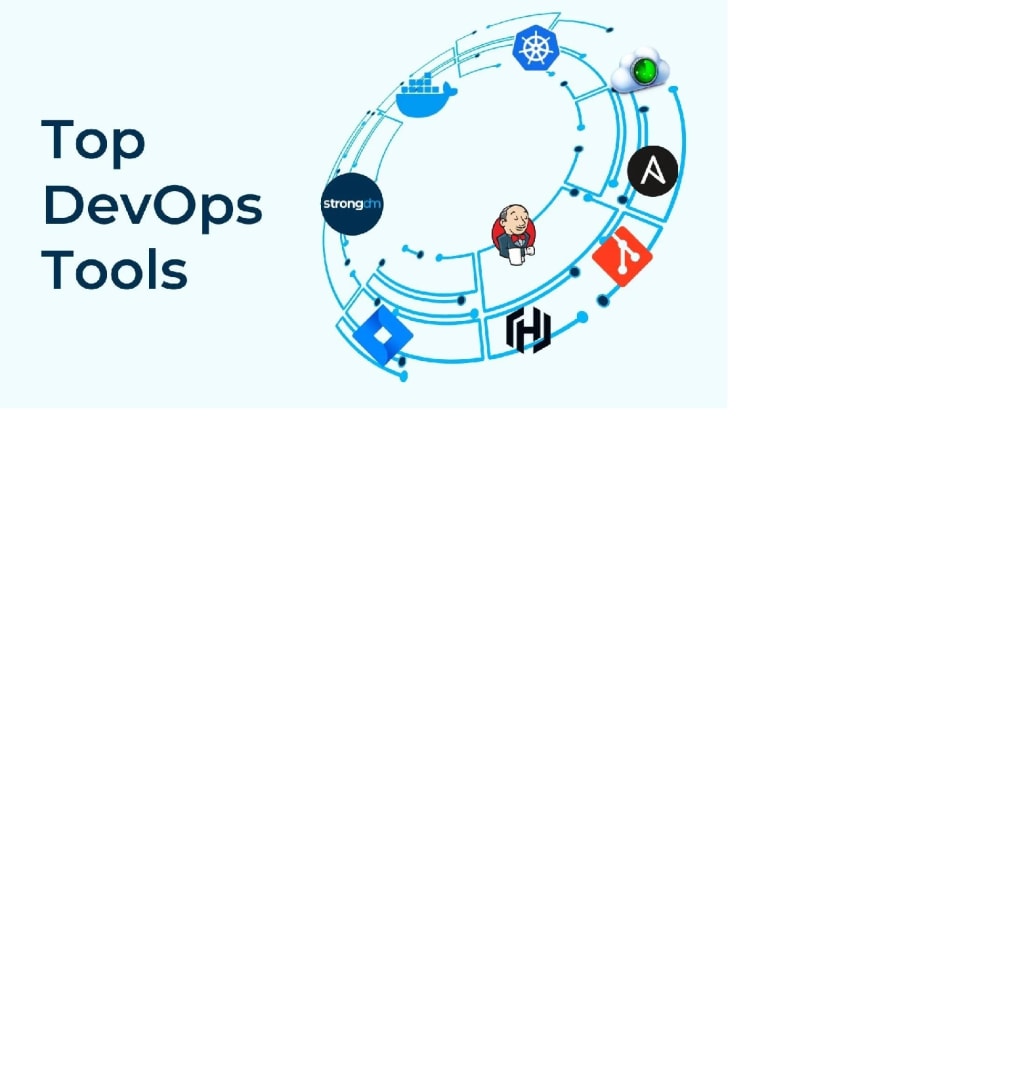
Introduction
DevOps has become a crucial approach in software development, emphasizing collaboration, automation, and continuous improvement. As technology advances and the software industry evolves, developers and operations teams continually seek more efficient and effective tools to streamline their workflows. In 2023 and beyond, DevOps professionals can leverage a wide range of powerful tools to enhance productivity and deliver high-quality applications faster than ever before. Here, we present the ten best DevOps tools for 2023 and beyond, offering cutting-edge solutions to address modern software development challenges.
Kubernetes
Kubernetes, an open-source container orchestration tool, remains at the forefront of DevOps ecosystems in 2023. It simplifies the management of containerized applications, automating deployment, scaling, and load balancing across clusters of hosts. As containerization becomes increasingly popular, Kubernetes enables seamless scaling, high availability, and reliable application deployment, supporting both cloud-based and on-premises infrastructures.
Jenkins X
Jenkins X is a powerful platform that automates CI/CD (Continuous Integration/Continuous Deployment) workflows for cloud-native applications. With built-in Kubernetes support, Jenkins X enables effortless setup and configuration of pipelines, making it easier for developers to build, test, and deploy applications in a Kubernetes environment.
GitLab
GitLab is an integrated DevOps platform that covers the entire software development lifecycle, from project planning and source code management to CI/CD and security. In 2023, GitLab continues to evolve with advanced features, such as Auto DevOps and Kubernetes integration, providing developers with a single application to manage their code and CI/CD pipelines efficiently.
Prometheus
Prometheus has emerged as a leading monitoring and alerting tool for cloud-native environments. With a focus on time-series data, it enables DevOps teams to collect, store, and analyze metrics from applications and infrastructure, facilitating real-time performance monitoring and issue identification.
Terraform
Terraform, a popular Infrastructure as Code (IaC) tool, helps automate the provisioning and management of cloud resources. In 2023, Terraform remains indispensable for DevOps practitioners, allowing them to define infrastructure configurations in code, leading to consistency and repeatability in cloud deployments.
Grafana
Grafana is a feature-rich visualization and monitoring tool, which pairs well with Prometheus and other data sources. DevOps teams can use Grafana to create insightful dashboards and gain valuable insights into the performance and health of their applications and infrastructure.
Spinnaker
Spinnaker is an open-source, multi-cloud continuous delivery platform that empowers organizations to deploy applications safely and efficiently across multiple cloud providers. With Spinnaker's extensibility and flexibility, DevOps teams can deploy updates with confidence, using strategies like canary and blue-green deployments.
Argo CD
Argo CD is a declarative, GitOps continuous delivery tool designed for Kubernetes environments. As GitOps gains momentum in 2023, Argo CD facilitates automatic synchronization of the desired state, simplifying deployment workflows and ensuring consistency between the repository and the running applications.
ELK Stack
The ELK Stack (Elasticsearch, Logstash, and Kibana) remains a vital set of tools for log management and analysis in DevOps environments. Elasticsearch provides a scalable search and analytics engine, Logstash centralizes log data, and Kibana offers a user-friendly interface for data visualization.
Datadog
Datadog is a comprehensive monitoring and analytics platform that helps DevOps teams gain insights into the performance of their applications, servers, databases, and more. With powerful integrations and a wide range of monitoring capabilities, Datadog is a go-to solution for enterprises and startups alike in 2023.
Conclusion
As the DevOps landscape continues to evolve in 2023 and beyond, these ten tools stand out as the best choices for streamlined software development and deployment. From container orchestration with Kubernetes to automated CI/CD pipelines with Jenkins X and GitLab, these tools empower DevOps teams to build, test, and deploy applications efficiently and reliably. Embracing the power of Prometheus, Terraform, Grafana, and other monitoring tools ensures real-time visibility and better decision-making. Additionally, platforms like Spinnaker, Argo CD, ELK Stack, and Datadog facilitate seamless deployments, increased collaboration, and continuous improvement in the fast-paced world of software development. By leveraging these cutting-edge DevOps tools, organizations can stay competitive and deliver high-quality software in the years to come.
About the Creator
Kai Jones
With 11 years of experience in the cybersecurity industry, I have become a well-respected consultant in the field.






Comments
There are no comments for this story
Be the first to respond and start the conversation.